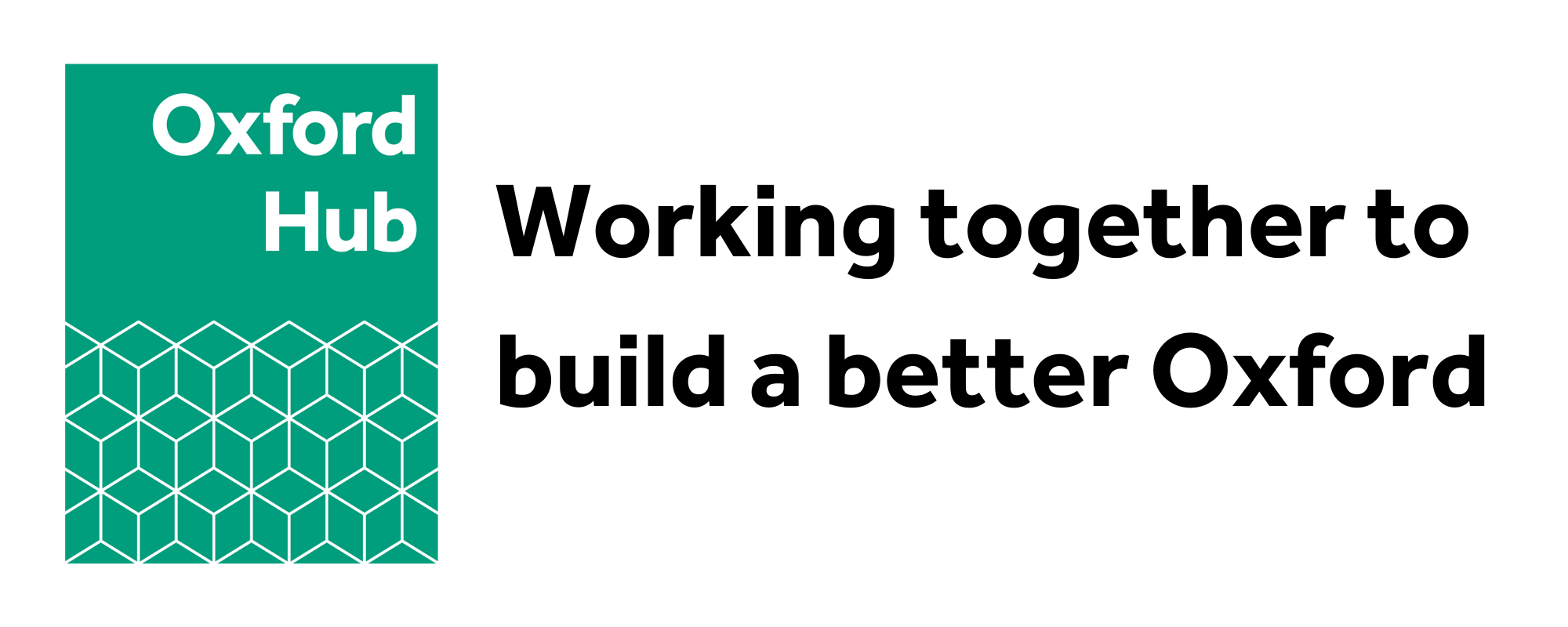Schools Plus Primary Twinning Programme
Tackling Educational Inequality in Oxford
Educational inequality is a pressing issue in Oxford, where many children face significant barriers to academic success. The Twinning Project, a partnership between Oxford colleges and local primary schools, aims to help close this gap by providing tutoring support and enrichment opportunities to students who need them most.
Educational Disadvantage in Oxford
Data shows that students from disadvantaged backgrounds, especially those eligible for free school meals (FSM), are far less likely to attend university. In Oxfordshire, only 21.4% of FSM students progress to higher education by age 19, compared to 48% of their peers. For high-tariff universities like Oxford, the disparity is even greater—only 4.6% of FSM students make it compared to 15.6% of non-FSM students (Department for Education, 2023). Early prior attainment is a well-evidenced barrier to university access: just 8% of students who do not meet expected levels in reading, writing, and maths at Key Stage 2 go on to pass English and Maths at GCSE (Farquharson, McNally, and Tahir, 2022). In Oxford’s 12 priority schools, only 37.6% of disadvantaged children reach expected levels in these subjects*. This means an average 62.4% of disadvantaged children in these schools are at significantly greater risk of not going on to get a pass in Maths or English at GCSE.
Overview of the Twinning Programme
At the start of 2022, the Oxford Hub, along with Trinity, New, Somerville, St John’s and Exeter took part in a pilot Twinning Programme, with the aim to tackle educational inequality and help close the attainment gap in the city. The programme partnered each Oxford college with one of five local primary schools in Cowley, Blackbird Leys, and Rose Hill—areas where the attainment gap is widest.
In 2023, the Oxford Hub worked in collaboration with Trinity College to expand the project, identifying 12 schools with high numbers of students on free school meals and low achievement rates in reading, writing, and maths. Over the course of the academic, additional colleges joined the programme resulting in eight of the pre-identified local primary schools being paired with a college partner.
For the 2024-25 academic year, ten Oxford colleges have already been paired with ten primary schools, of which nine are in the highest priority category. With Oxford Hub’s guidance, these partnerships provide students with tutoring and enrichment activities that broaden their learning experiences. The programme's goals include:
Closing the attainment gap in Oxford.
Raising students’ aspirations and fostering a connection with higher education.
Providing access to enrichment activities that might otherwise be unavailable.
Strengthening ties between the university and the local community.
Building long-term relationships between colleges and primary schools.
How the Twinning Programme Works
The Oxford Hub runs the core delivery of the highly effective tutoring programme, by providing comprehensive training, expanding existing partnerships, and ensuring the highest quality volunteer management for the tutors involved. This approach builds on existing partnerships with local schools and other community organisations.
Alongside the tutoring support, the Oxford Hub supports college outreach teams to work closely with their twinned primary school to devise and deliver a range of enrichment opportunities for their twinned primary school. These have included:
Subject enrichment days at Oxford colleges.
College visits to introduce pupils to university life.
Trips to the University Museums such as the Natural History and Ashmolean Museums.
Hosting school events like Year 6 leavers’ celebrations and nativity plays.
One-on-one tutoring for students needing extra support.
College-led activities, such as a biodiversity garden project at St Frideswide.
Over the course of the last two years, the project engaged with over 1,600 pupils from the twinned primary schools.
Benefits for Schools
Schools partnering with Oxford colleges gain:
A dedicated pool of trained volunteer tutors.
Lasting relationships with an Oxford college, inspiring pupils to aim higher.
Access to university facilities for enrichment activities.
Benefits for Oxford Colleges
For colleges, this programme provides a meaningful way to:
Support efforts to improve educational outcomes in local schools.
Build on the success of existing outreach initiatives like Schools Plus.
Enhance students’ university experience by fostering community engagement.
Strengthen student employability through volunteering experience.
Colleges can also integrate this work with their wider outreach, regional access initiatives, and public engagement efforts, creating a more connected and impactful approach to educational support.
The Primary School – College pairings are:
John Henry Newman Primary – Exeter College
St Christopher’s Primary – Trinity College
St Frideswide Primary – Somerville College
Wood Farm Primary – New College
Orchard Meadow Primary School - St Edmunds Hall
St John Fisher Catholic Primary School - Mansfield College
St Francis C.E. Primary - Magdalen College
Rose Hill Primary - Wadham College
Church Cowley St James Primary School - St Annes College
Pegasus Primary - Corpus Christi College
We hope that these partnerships will help to close the attainment gap in Oxford city, by providing Primary Schools with opportunities to engage with an Oxford College, including the support of an enthusiastic cohort of volunteer tutors and extracurricular activities in facilities which the school would not otherwise have access to. This partnership will help to inspire local children with a passion for learning, encourage their curiosity, and support them to fulfil their potential.
Find out more about the Twinning Programme here! If you have any questions, contact [email protected].
You can find our most recent Twinning Programme Impact Report here.
_________________
Department for Education. (2023). Key Stage 2 Attainment Statistics, https://explore-education-statistics.service.gov.uk/data-tables/fast-track/a9a53777-6c2e-4a9d-c025-08db465931c0 )
Farquharson, C., McNally, S., Tahir, I., (2022), ‘Education Inequalities’, IFS Deaton Review of Inequalities, https://ifs.org.uk/inequality/chapter/education-inequalities/.
*Two of the twelve schools for which no data is yet available have been excluded from this calculation, and the figure therefore relates to the average across ten schools.
_________________
FOR PRIMARY SCHOOL PARTICIPANTS ONLY:
Click the button below for the About Me Survey

